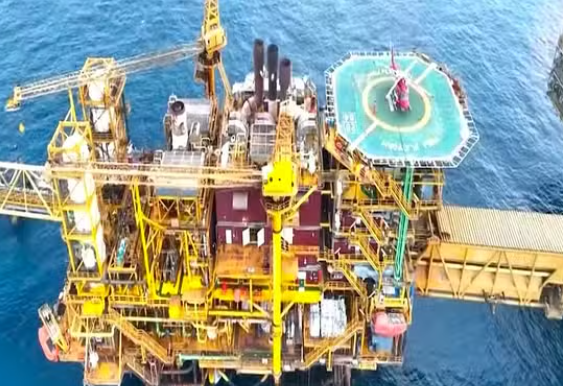Oilfields Amendment Bill, 2024
The Rajya Sabha recently passed amendments to the Oilfields (Regulation and Development) Act, of 1948, which marks an important step towards modernising energy policies and achieving green energy goals.
Context of the Amendments
The original 1948 law was established during the early days of oil and gas exploration. Since then, energy demands and technologies have evolved. New resources like shale oil and coal-bed methane have emerged. The government recognised the need for updated legislation to ensure energy access and security.
Key Changes Introduced
The amendments aim to boost oil and gas production, attract investments, and integrate advanced technologies. The goal is to reduce dependence on energy imports. A business-friendly environment is also a priority.
The definition of “mineral oils” has been expanded. Previously limited to petroleum and natural gas, it now includes shale gas, tight oil, and gas hydrates. This change facilitates exploration of modern energy resources. Additionally, “mining lease” is replaced with “petroleum lease” to align with current industry standards.
Stability and Investment Encouragement
The new law ensures stability in lease terms throughout the lease period. This stability instils confidence in companies, encouraging them to invest without sudden legal changes.
Alternative Dispute Resolution Methods
The amendments introduce alternative dispute resolution (ADR) methods. These methods aim to resolve conflicts outside of court. This approach saves time and costs for companies, ensuring smoother operations.
Support for Green Energy Transition
The reforms support India’s shift towards green energy. The government can now promote projects that combine traditional oil production with renewable sources like wind and solar. New environmental protection rules will also be established.
Certain offences, such as invalid leases or non-payment of royalties, have been decriminalised. Instead of criminal charges, higher fines (up to ₹25 lakh) will apply. This change encourages a fair regulatory environment, encouraging compliance and innovation.
GKToday Facts for Exams:
- ADR Alternative Dispute Resolution (ADR) methods allow parties to resolve disputes outside of court. ADR saves time and costs, promoting smoother operations in business environments.
- Coal-bed Methane Coal-bed methane is a natural gas extracted from coal seams. It is considered an unconventional energy source, contributing to energy diversification and reducing reliance on traditional fossil fuels.
- Tight Oil Tight oil refers to crude oil found in low-permeability rock formations. Advances in extraction technologies have made tight oil production economically viable, enhancing energy security and supply.
- Shale Gas Shale gas is natural gas trapped within shale formations. Its extraction has revolutionised energy markets, contributing to lower prices and greater energy independence for countries like the United States.
Month: Current Affairs - December, 2024
Category: Science & Technology Current Affairs


